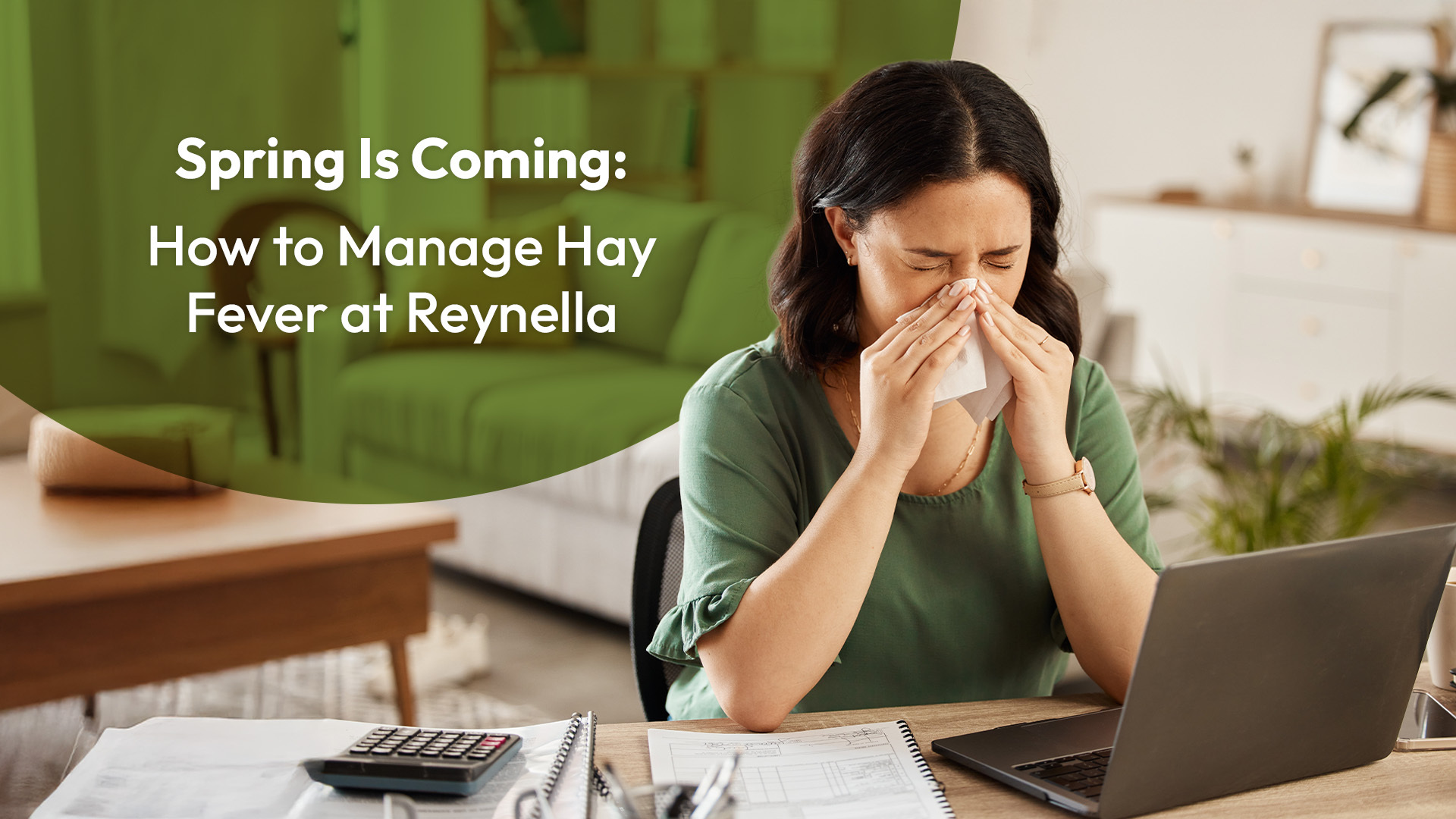As spring arrives and flowers begin to bloom, many South Australians find themselves sniffling, sneezing, and rubbing itchy eyes. A common question we hear at this time of year is: “Why do my allergies get worse in spring?”












As spring arrives and flowers begin to bloom, many South Australians find themselves sniffling, sneezing, and rubbing itchy eyes. A common question we hear at this time of year is: “Why do my allergies get worse in spring?” The simple answer is: spring triggers an increase in pollen from grasses and trees, which causes allergic reactions in sensitive individuals. If you’re dealing with hay fever in Reynella, you’re not alone. Pollen counts spike across southern Adelaide from late August, and many locals experience symptoms ranging from mild discomfort to severe respiratory issues.
In this blog, we’ll share what causes hay fever, how to recognise it, and practical ways to manage it, so you can actually enjoy spring.
Hay fever – or allergic rhinitis – is an immune system response to airborne allergens, particularly pollen. When pollen is inhaled, the body releases histamines, which cause inflammation in the nose, eyes, and throat.
In Adelaide, pollen levels typically rise in early spring due to local grasses, flowering plants, and environmental conditions like dry wind and late winter rains. These allergens are often highest in the morning and on warm, windy days, making outdoor activities a trigger for many.
If you’re not sure whether you’re dealing with hay fever or a cold, these symptoms are common signs of allergic rhinitis:
Children can also be affected, often becoming irritable, tired, or experiencing trouble sleeping.
Tips for Reducing Exposure to Pollen:
These small changes can significantly reduce how much pollen you’re exposed to, helping ease your symptoms throughout spring.
If lifestyle adjustments aren’t enough, there are many safe and effective treatment options available:
These medications can be accessed over-the-counter, but if your symptoms are persistent or interfering with your daily life, it’s best to see a GP. At Reynella Family Clinic, we can assess your symptoms and recommend the most effective treatment plan, especially if your hay fever is linked to asthma or other chronic conditions.
Did you know hay fever can also affect your quality of sleep?
Nasal congestion tends to worsen when you lie down, leading to poor breathing during sleep, increased snoring, or even mild sleep apnoea. Many people with seasonal allergies experience fatigue and brain fog, not just from their symptoms, but from interrupted sleep caused by blocked sinuses and from the use of over the counter medicines.
If you’re interested in how allergies may be affecting your rest, here’s a helpful article for further reading: How Allergies Affect Sleep – Sleep Foundation
If your hay fever symptoms are:
…it’s time to book an appointment. Our team at Reynella Family Clinic can help you find relief – and rule out other conditions that may be causing or worsening your symptoms. We also offer support for children dealing with allergies, and can coordinate allergy management plans for families or individuals with ongoing respiratory concerns.
Spring should be a time to enjoy the outdoors, not one filled with tissues, itchy eyes, and headaches. Whether your symptoms are mild or severe, help is available. You don’t have to suffer through allergy season alone.
If you’re struggling with hay fever in Adelaide, book a consultation with Reynella Family Clinic. Our friendly GPs and nurse practitioners are here to listen, support, and help you find real, long-term relief.
Book your appointment today!